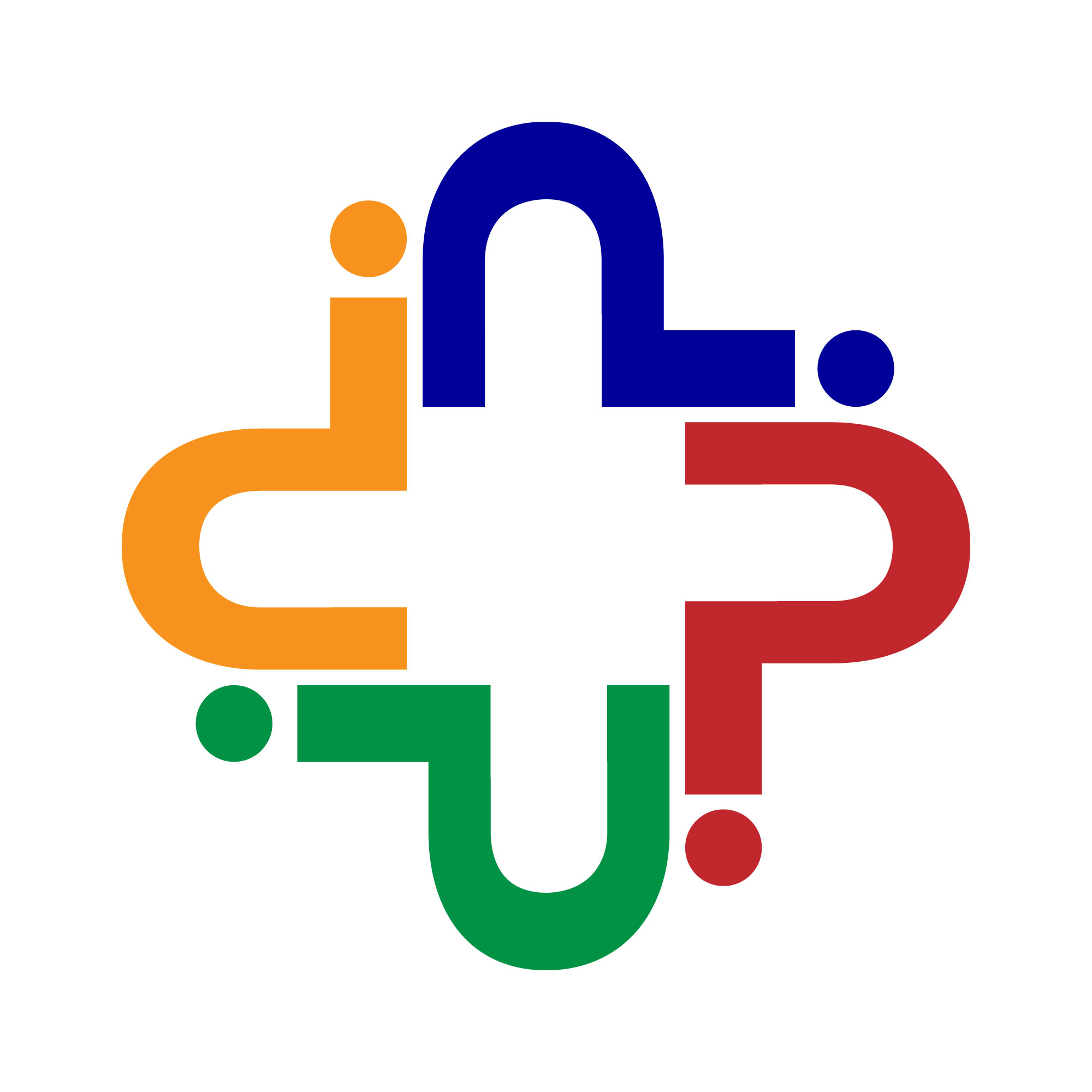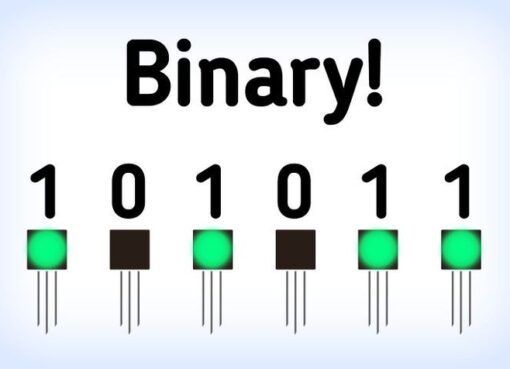In our fast-paced digital age, note-taking apps have become indispensable tools for managing the chaos of information overload. As we juggle work, study, and personal responsibilities, these apps serve as our digital assistants, helping us capture ideas, organize thoughts, and stay on top of our tasks. In 2024, the landscape of note-taking apps continues to evolve, offering a diverse range of options tailored to different user needs and preferences.
From free offerings like Microsoft OneNote and Apple Notes to advanced platforms like Obsidian and Notion, there’s a note-taking app to suit every individual. Whether you’re a casual user looking for simplicity or a power note-taker in need of advanced features, the best note-taking apps of 2024 provide the tools you need to stay organized, productive, and efficient in today’s digital world.
What makes the best note-taking app?
As a seasoned tech writer immersed in the world of software for over a decade, note-taking is more than just a routine—it’s a craft I’ve honed with passion and dedication. Despite my extensive experience, I remain committed to refining my note-taking system, continuously exploring new tools and techniques to optimize productivity. While I do have my preferences, I’ve endeavored to maintain objectivity in compiling this list. After all, note-taking is a highly personal endeavor, and what works for one may not necessarily suit another. So, if your beloved app didn’t make the cut, I invite you to share your thoughts and opinions.
When selecting the best note-taking apps for this list, I applied stringent criteria to ensure that only the most deserving contenders earned a spot. Firstly, each app had to excel in its core functionality, delivering on its promises with finesse and reliability. Whether touting advanced features or basic functionalities, every claim had to be backed by seamless execution and user-friendly design. Moreover, ease of use was paramount—notes apps had to offer a user experience akin to grabbing a trusty pen and paper, ensuring quick and effortless note-taking without cumbersome interfaces or sluggish performance.
Furthermore, accessibility and cross-platform functionality were non-negotiable. A notes app’s true value lies in its ability to accompany you wherever you go, seamlessly syncing across devices and offering offline access when needed. Whether jotting down ideas at work, brainstorming on the go, or relaxing at home, users should have uninterrupted access to their digital notebooks. Lastly, while cost is a consideration, it’s secondary to quality and reliability. While free options are celebrated, subscription-based models were not dismissed if they offered substantial value in features and longevity.
By adhering to these rigorous standards, I’ve curated a list of note-taking apps that embody excellence in functionality, usability, accessibility, and value. So, whether you’re a seasoned note-taker or embarking on your digital journey, rest assured that these handpicked apps offer the tools you need to capture, organize, and access your thoughts effortlessly.
The best note-taking apps at a glance
| Best for | Standout feature | Free plan | |
| Microsoft OneNote | A free option | Very freeform—click anywhere to add text | Free for up to 5GB of notes |
| Apple Notes | Apple users | Very native-feeling on Macs and iPhones, with easy syncing | Free for 5GB of storage across all iCloud services |
| Google Keep | Google power users | Connected to all the Google apps, so everything is always right there | Free for 15GB of storage across all of Google apps |
| Notion | Collaboration | Ridiculously feature-rich | Free for personal use |
| Obsidian | Tinkerers and power note-takers | Internal bi-directional linking between notes | Free for personal use |
| Joplin | Anyone looking for an Evernote alternative | Open source | Free |
Best free note-taking app
Microsoft OneNote(iOS, Android, macOS, Windows, Web)
OneNote pros:
- A great free plan that’s widely available on every platform
- Completely freeform note-taking, so you can jot down whatever you want wherever you want to on the canvas
OneNote cons:
- It’s still a Microsoft app, so it can feel a bit corporate for a note-taking app
Introduction:
In the realm of digital note-taking, Microsoft OneNote stands as a formidable contender, offering a robust and adaptable platform across a multitude of devices and operating systems. Its widespread availability on iOS, Android, macOS, Windows, and the web makes it a versatile companion for users across different ecosystems. What sets OneNote apart is its seamless integration within the broader Microsoft Office suite, providing users with a cohesive and interconnected experience. Whether you’re jotting down meeting notes on your smartphone, brainstorming ideas on your tablet, or organizing research on your desktop, OneNote ensures that your notes are accessible wherever you go.
Beyond its accessibility, OneNote boasts a plethora of features designed to streamline the note-taking process and enhance productivity. From rich formatting options to intuitive organization tools, OneNote offers users a comprehensive toolkit to capture, structure, and share their thoughts and ideas. Its hierarchical structure, consisting of notebooks, sections, and pages, provides a flexible framework for organizing notes according to individual preferences and workflows. Moreover, OneNote’s collaboration features enable seamless teamwork, allowing multiple users to collaborate on the same document in real-time.
Despite its versatility and feature-rich nature, OneNote may present challenges for some users, particularly those new to the platform. Its extensive feature set may result in a learning curve for beginners, requiring time and effort to fully harness its capabilities. Additionally, while the free version of OneNote offers ample storage for most users, those with extensive note-taking needs may find themselves constrained by storage limitations, necessitating a subscription for additional space. Nonetheless, with its blend of accessibility, functionality, and integration within the Microsoft ecosystem, OneNote remains a top choice for individuals and organizations seeking a comprehensive note-taking solution in today’s digital age.
OneNote price: Free for up to 5GB of notes; $1.99/month for 100GB.
Best note-taking app for Apple users
Apple Notes(iOS, macOS, Web)
Apple Notes pros:
- Free and integrates seamlessly between your Apple devices
- Consistently improving; it used to be incredibly basic, but now it’s a competent notes app
Apple Notes cons:
- Getting it to play nice with Android or Windows is a fool’s errand
For Apple users immersed in the seamless ecosystem of iOS, macOS, and other Apple devices, Apple Notes emerges as the pinnacle of note-taking simplicity and efficiency. Its integration with the broader Apple ecosystem ensures a fluid experience, allowing users to effortlessly access and sync their notes across all their devices. With a clean and intuitive interface, Apple Notes prioritizes ease of use, enabling users to quickly jot down thoughts, create checklists, or sketch ideas without distractions. Beyond its minimalist design, Apple Notes offers rich features such as support for text, images, sketches, and scanned documents, empowering users to capture ideas in various formats. Additionally, its collaboration capabilities enable users to share and collaborate on notes in real-time, making it an ideal tool for team projects or shared lists. With a steadfast commitment to user privacy and security, Apple Notes encrypts notes both in transit and at rest, providing peace of mind to users concerned about data protection. In essence, Apple Notes epitomizes the essence of Apple’s design ethos—simplicity, elegance, and seamless integration—making it the go-to note-taking app for Apple enthusiasts.
Apple Notes price: Free for 5GB of storage across all iCloud services.
Best note app for Google power users
Google Keep(Android, iOS, Web, Chrome)
Google Keep pros:
- Integrates nicely with other Google services like Gmail and Google Docs
- Free as part of a regular Google account
Google Keep cons:
- On its own, it’s very basic
For those entrenched in the Google ecosystem, Google Keep stands out as a versatile and intuitive note-taking app available across Android, iOS, the web, and Chrome. With its seamless integration with Google services, Keep offers users a cohesive platform to capture, organize, and share notes, reminders, and ideas across various devices. Boasting a clean and minimalist interface, Keep prioritizes simplicity and ease of use, allowing users to quickly create, edit, and manage their notes with intuitive formatting options and straightforward navigation. Its rich feature set includes support for text, images, checklists, and voice memos, enabling users to capture ideas in multiple formats effortlessly. Additionally, Keep’s collaboration features allow users to share notes with others, making it an ideal tool for team projects or shared lists. With its robust syncing capabilities and offline functionality, Keep ensures that users can access their notes anytime, anywhere, even without an internet connection. In essence, Google Keep embodies the essence of Google’s design philosophy—simplicity, efficiency, and seamless integration—making it the go-to note-taking app for users within the Google ecosystem.
Google Keep price: Free for 15GB of storage across all of Google apps.
Best note-taking website for collaboration
Notion(Android, iOS, macOS, Windows, Web)
Notion pros:
- Best-in-class collaboration and team note-taking features
- Packs in lots of features, like task management, databases, and pretty much anything else you care to think of
Notion cons:
- If you’re looking for a personal note-taking app, it can be a bit over the top
Notion stands as a multifaceted and collaborative workspace, available across Android, iOS, macOS, Windows, and the web, catering to users seeking a comprehensive solution for note-taking and project management. Offering a versatile platform that goes beyond traditional note-taking, Notion empowers users to create, organize, and share notes, tasks, databases, and more in a unified workspace. Its intuitive interface and customizable templates provide users with the flexibility to structure their workspace according to their unique needs and preferences. With features such as nested pages, inline databases, and rich media support, Notion enables users to capture ideas, plan projects, and collaborate with teammates seamlessly. Moreover, Notion’s robust collaboration tools facilitate real-time collaboration, allowing multiple users to work on the same document simultaneously, making it ideal for team projects and group brainstorming sessions. Whether you’re a student managing coursework, a professional organizing projects, or a creative thinker brainstorming ideas, Notion offers the versatility and functionality to meet your productivity needs across various platforms.
Notion price: Free for personal users; free trial for team users with a 1,000 block limit.
Best notes app for power note-takers
Obsidian(Android, iOS, macOS, Windows, Linux)
Obsidian pros:
- A new way of approaching note-taking that allows you to create an interlinked digital database
- Incredibly extensible and customizable
Obsidian cons:
- There’s a serious learning curve
Obsidian stands as a sophisticated note-taking platform designed for individuals who prioritize comprehensive knowledge management and the intricate interconnection of ideas. Available across Android, iOS, macOS, Windows, and Linux, Obsidian caters to users seeking a dynamic and versatile tool for organizing and synthesizing information across various devices and operating systems.
At the heart of Obsidian’s appeal lies its unique approach to note-taking, which revolves around the concept of bidirectional linking. This innovative feature allows users to establish connections between different notes, creating a network of interconnected ideas within their digital repository. By seamlessly navigating between related concepts, users can foster deeper insights and understanding, facilitating more holistic knowledge management.
Obsidian further enhances the note-taking experience with robust support for Markdown, a lightweight markup language favored by writers, researchers, and developers for its simplicity and flexibility. With Markdown, users can format their notes efficiently, focusing on content creation without the distractions of complex formatting tools.
Whether used by researchers organizing vast amounts of literature, writers crafting intricate narratives, or developers documenting code snippets, Obsidian provides the tools and flexibility needed to organize, connect, and synthesize complex information effectively. Its availability across multiple platforms ensures that users can access their knowledge base seamlessly, regardless of the device or operating system they prefer.
Obsidian price: Free for personal use; $50/user/year for commercial use. Premium add-ons offer services like Sync and Publish from $10/month.
Best Evernote alternative
Joplin(Android, iOS, macOS, Windows, Linux)
Joplin pros:
- The closest direct competitor to Evernote on this list
- Free and open source (though syncing through Joplin Cloud is extra)
Joplin cons:
- Less polished than the competition
Joplin stands out as a versatile and privacy-focused note-taking application available across a wide range of platforms including Android, iOS, macOS, Windows, and Linux. One of its standout features is its commitment to user privacy, offering an open-source platform with end-to-end encryption to ensure that sensitive information remains secure and protected.
Beyond its security features, Joplin offers a comprehensive suite of functionalities tailored for effective note-taking. Users can leverage Markdown support for efficient formatting, allowing for clear and organized note-taking without unnecessary distractions. Additionally, Joplin enables users to attach files to their notes, providing a convenient way to incorporate multimedia elements or reference materials into their documents.
One of Joplin’s strengths lies in its synchronization capabilities, allowing users to seamlessly access and manage their notes across different devices. By integrating with cloud services such as Dropbox and Nextcloud, Joplin ensures that users can synchronize their notes effortlessly, regardless of the platform they’re using.
Whether you’re jotting down ideas on your smartphone while on the go, drafting detailed notes on your desktop for a project, or collaborating with colleagues on shared documents, Joplin offers the flexibility and security needed to manage your notes effectively across various platforms. Its user-friendly interface and robust feature set make it a compelling choice for individuals who prioritize privacy and productivity in their note-taking endeavors.
Joplin price: Free, though Joplin Cloud starts at €2.99/month and adds syncing and 2GB of storage.
Why not Evernote?
Evernote, once a dominant force in the note-taking space, has faced criticism in recent years due to various factors that have led some users to seek alternatives like Joplin. One of the primary concerns with Evernote is its pricing model, which limits functionality for free users and imposes subscription fees for access to premium features. This has led some users to perceive Evernote as less accessible or cost-effective compared to alternative note-taking apps.
Additionally, Evernote has faced criticism for issues related to privacy and data security. In the past, Evernote has made changes to its privacy policy and data practices that have raised concerns among users about the confidentiality of their information. These concerns have prompted some users to seek alternative note-taking solutions that prioritize stronger privacy protections.
Furthermore, Evernote’s interface and feature set may not suit the preferences or needs of all users. Some users find Evernote’s interface to be cluttered or overly complex, while others may prefer note-taking apps with more streamlined or customizable interfaces. Additionally, Evernote’s extensive feature set may be more than what some users require, leading them to seek simpler or more focused alternatives.
Overall, while Evernote remains a popular note-taking app for many users, concerns about pricing, privacy, and usability have prompted some users to explore alternative options like Joplin that better align with their needs and preferences.
Which note-taking software should you choose?
Digital note-taking is akin to the doodles in your high school notebook—personal and unique to each individual. A good note-taking app acknowledges this personalization, allowing you to tailor your online note-taking experience to suit your preferences.
The ideal app for notes is the one that feels most comfortable to you. Take the time to explore a few options and see which approach resonates with you best. Whether you prefer a minimalist interface, advanced features, or seamless integration with other tools, there’s a note-taking app out there that aligns perfectly with your style.
So, don’t hesitate to experiment and find the perfect fit for your digital note-taking journey. After all, just like your high school doodles, your digital notes should reflect your personality and workflow.
Wrap Up:
In conclusion, digital note-taking is a highly personal endeavor, akin to the doodles in your high school notebook. The best note-taking app for you is the one that feels most comfortable and aligns with your preferences, whether it’s a minimalist interface, advanced features, or seamless integration with other tools. Take the time to explore different options and find the perfect fit for your digital note-taking journey. After all, your notes should reflect your personality and workflow, empowering you to capture ideas, organize thoughts, and stay productive in your own unique way.
FAQs
- What factors should I consider when choosing a note-taking app?
When selecting a note-taking app, consider factors such as platform compatibility, ease of use, feature set, syncing capabilities, privacy and security measures, and cost. Determine which features are most important to you and ensure that the app aligns with your specific needs and preferences. - Can I access my notes across multiple devices?
Yes, many note-taking apps offer cross-platform compatibility, allowing you to access your notes from various devices such as smartphones, tablets, desktops, and web browsers. Ensure that the app you choose supports syncing across devices to ensure seamless access to your notes wherever you go. - Are there free options available, or do I need to pay for a note-taking app?
While some note-taking apps offer free versions with basic features, others may require a subscription or one-time payment for access to premium features or additional storage. Consider your budget and the features you require when deciding between free and paid options. - How can I ensure the security of my notes?
Look for note-taking apps that prioritize user privacy and offer robust security measures such as end-to-end encryption, secure cloud storage, and transparent data practices. Additionally, be mindful of how you handle sensitive information and take precautions such as using strong passwords and enabling two-factor authentication when available.
- How Does Automated Scheduling Save Time and Boost Engagement? - April 16, 2025
- 21 Delicious High Protein Foods - May 31, 2024
- Black Seed Oil: Health and Beauty Benefits - May 30, 2024




